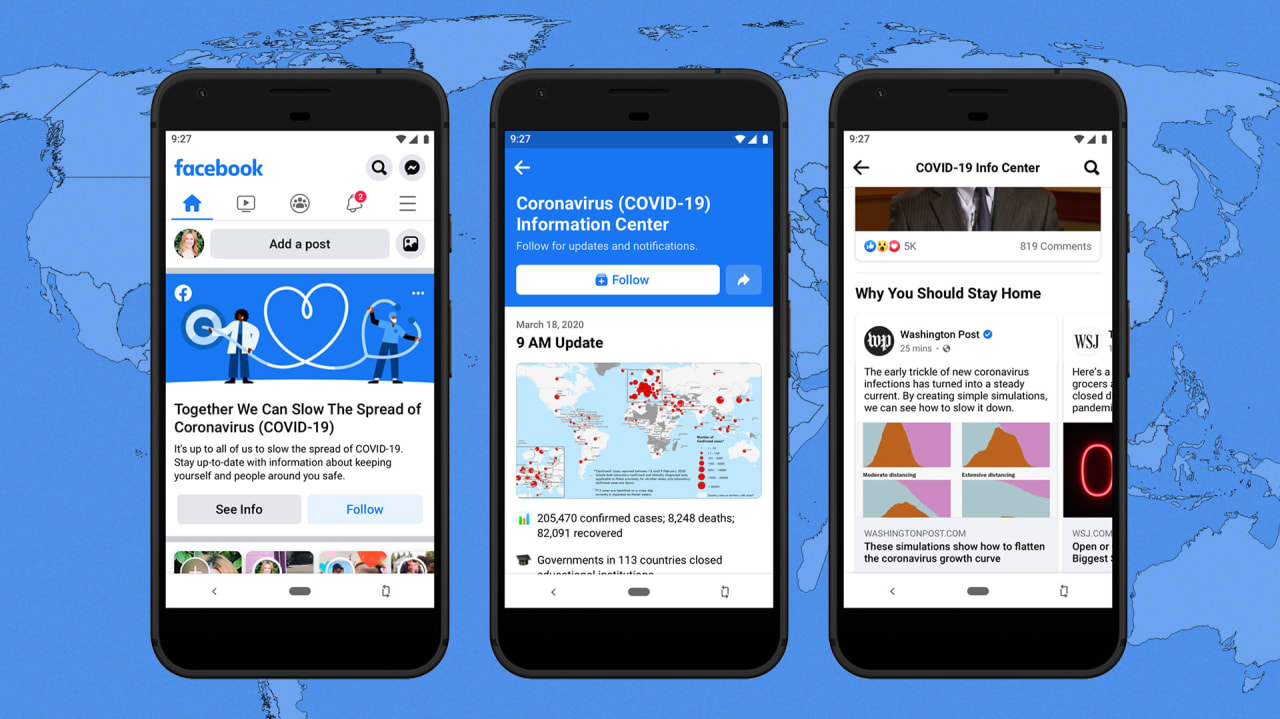However, journalist are not backing down now. Journalist are asking the tough questions society wants answers to, then fact-checking every little bit of information given. More than 300 million Americans are sheltered in place, not to mention the 26 million now unemployed, meaning they need accurate and updated information. Journalists many times are required to correct wrong information and counter what someone many read on social media, thinking what they just read is all true statements.
It is no secret that social media releases tons of news to the public. Leading society to question whether what's being reported is fake news. Even country leaders are even getting in on this trend. Since being in office Trump has attacked several major news reports at almost all the major news outlets, some may even say he is "bullying" them. For example, calling one "A terrible reporter" when asking simple questions such as how Americans should be addressed when so many are scared during the Covid-19 outbreak.
 Social media is a big cause for this trend, several large companies have announced many layoffs, due to things like Google or Facebook. However, many scholars are saying if Benjamin Franklin, one of the most known journalists, would resurrect, he would love the boom of news on social media such as twitter. So, is journalism really dying?
Social media is a big cause for this trend, several large companies have announced many layoffs, due to things like Google or Facebook. However, many scholars are saying if Benjamin Franklin, one of the most known journalists, would resurrect, he would love the boom of news on social media such as twitter. So, is journalism really dying?The answer is no, but what is dying is unbiased journalism. In fact, it was the same way in Franklin's time and even up until the 1900's. Throughout school, Journalist are taught to tell facts and look at the whole picture, yet big news outlets aren't even doing that. Unfortunately, meaning objective journalism is in fact dying. We need to make the change and get the classic view of journalism back to its original state. Only upcoming journalists can make this change.
"Unless journalism can become about reporting facts instead of proving a point, the public trust in journalism, which was so robust, will be gone forever." -Samuel Schell-Olsen
Source: https://www.nbcnews.com/think/opinion/journalism-under-attack-coronavirus-white-house-we-re-winning-ncna1192306
https://www.wired.com/story/journalism-isnt-dying-its-returning-its-roots/
https://www.newsrecord.org/opinion/opinion-we-need-objective-journalism-to-make-a-comeback/article_14a1dfa6-872d-11ea-8bdc-174d7f3dab13.html
https://www.google.com/search?
q=benjamin+franklin+on+twitter&rlz=1C5CHFA_enUS894US894&sxsrf=ALeKk02M_Weqlt-N2vTGDd7MPLx_6lTnog:1588266425675&source=lnms&tbm=isch&sa=X&ved=2ahUKEwiwqvHA0ZDpAhVsTt8KHbsACToQ_AUoAXoECAsQAw&biw=1440&bih=821#imgrc=EgX9eEAY-lhUPM



/cdn.vox-cdn.com/uploads/chorus_image/image/63097918/shutterstock_568689847.0.jpg)

